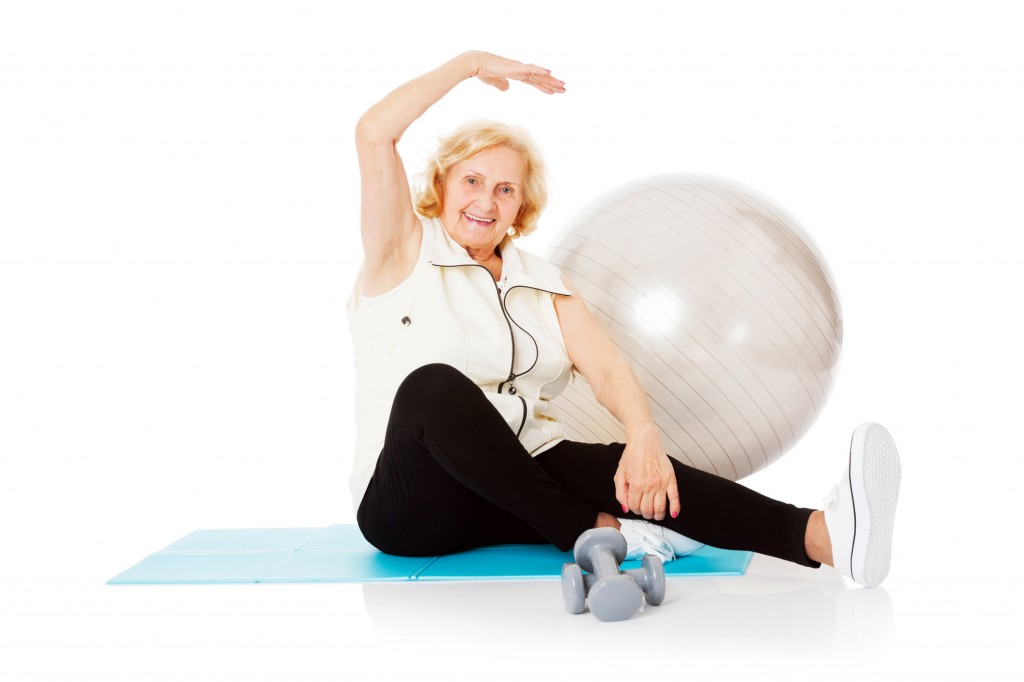America’s population is rapidly changing. We are in the midst of a giant generational shift. Members of the Greatest Generation (those who experienced the Great Depression and fought in World War II) and the Silent Generation (those who were children during that time) are rapidly aging, and their population is quickly decreasing. During this shift, the Baby Boomers are rapidly approaching elder status. At the present pace, over 8,000 baby boomers are turning 65 every day! Aging baby boomers are transforming our society by re-defining what it means to age. This is affecting society at every level including health care, retirement planning, housing, community, and family life.
Baby boomers’ demands and expectations of what it means to age successfully are different compared to past generations. Baby boomers present an interesting dichotomy of desiring to live longer, stay active, and age in place. Aging in Place: An Intergenerational Priority, a recent Huffington Post article by Susan Blumenthal, addresses the new expectations and unmet needs that seniors will face. The ability to live safely, independently, and comfortably regardless of age is the greatest desire for seniors.
We are all capable of successfully aging if we are intentional about the process. The outcome will wildly vary. Successful aging has a different meaning for each of us, but commonalities exist in most scenarios. In order to age successfully and gracefully, you will need to fully embrace what it will take to accomplish this goal. To live safely, independently, and comfortably, consider your physical, mental, and emotional health as well as your community and any financial implications.
- Mobility is vital to independence. Independent mobility is different for everyone. It may be through ambulation or use of an assistive device such as a cane, walker, or wheelchair. You need to maintain the ability to be independently mobile regardless of utilizing a mobility or assistive device. Aspects of maintaining mobility may include adequate balance, strength, and endurance. For more information on balance, please refer to Improving Balance by Using a Water Noodle, How Do I Improve Balance? (Part I), and How Do I Improve Balance? (Part II). For more information on strength, please refer to Q & A: How to Jump Start a Healthy Lifestyle and 15 Strategies to Make 2015 Your Healthiest Year.
- Maintain sharp mental health. Regardless of age, it is important to remain engaged and mentally sharp through constant and varied mental stimulation. Proper nutrition and exercise have an impact on your mental health and can help to prevent depression, Alzheimer’s disease, and dementia. For more information, please refer to My Top 10 Anti-Aging Tips.

- Share the love. Research clearly notes that those who are more loving and caring tend to live longer and healthier. Be generous with the knowledge and wisdom that you have acquired throughout the years. Love others and purposefully share that love.
- Be active in your community. Active engagement in your community is a critical part of successful aging. People find community in a variety of ways including family, friends, church, civic organizations, or volunteer projects. Others may choose to continue to work. Your profession can have a positive impact on the community and your finances.
- Plan for a long life span. It is likely that life spans will continue to increase if epidemics, such as diabetes and metabolic syndrome, are properly addressed. Be proactive in how you plan to manage your finances. When planning, assume that you will live well into your 90s. The fear for many will be running out of money during their elder years. The only way to avoid this issue is to be proactive and thoughtful in your planning. The sooner, the better! Seek competent financial advice from a financial adviser. Be realistic about the math as you project into the future. Plan for the worst. Expect low interest rates and high inflation. Don’t believe the rosy projected rate of returns. If you underestimate, at least you will have more money than you anticipated rather than being broke.
How we plan for this giant generational change will affect everyone at some level. As a society and as an individual, we must prepare for the changes in expectations and demographics. As the population ages in the United States, my desire is to see the most physically fit and active seniors in history. I hope over the next ten to twenty years that the paradigm of successful aging is re-written and that old stereotypes of the elderly, the aged, and seniors will be lost in the dust of a new healthier, long lived population. For an excellent read on America’s aging population and how it will re-shape our expectations, check out Ken Dychtwald’s Age Power: How the 21st Century Will Be Ruled by the New Old.
Health care costs in the United States continue to increase without actual positive change in health status. It is imperative that we all take a leadership role in our own health care by continuing to be proactive. The Physical Therapy Advisor blog will continue to the lead the way in providing useful and practical types of “how to” information, including methods to safely self-treat and manage common physical therapy related conditions. My desire is to help you address the aspects of optimizing your life while promoting well-being in order to manage pain and improve mobility.
What does it mean to YOU to age successfully? How can I help you in this endeavor? Please leave your comments below.
If you have a question that you would like featured in an upcoming blog post, please comment below or submit your question to contact@thePhysicalTherapyAdvisor.com. Be sure to join our growing community on Facebook by liking The Physical Therapy Advisor!
